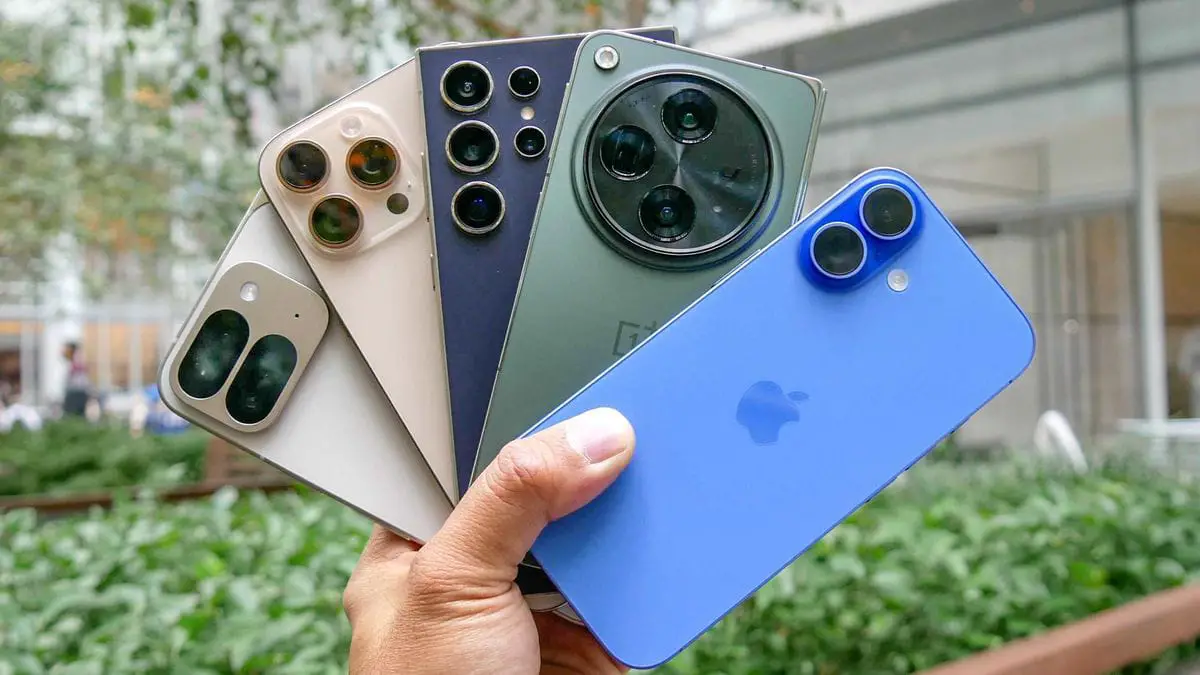Gaming has transcended its roots as a mere form of entertainment to become a cultural phenomenon of unprecedented significance. This article explores the evolution of gaming culture, its profound impact on society, and the intricate ways it intersects with technology, art, and identity. From its origins in arcades to the rise of esports and virtual reality, we delve into the multifaceted world of gaming, examining how it shapes our perceptions, forges communities, and influences the very fabric of contemporary culture.
Introduction
Gaming has come a long way since the days of Pong and Pac-Man. It has evolved from a niche pastime into a cultural juggernaut, leaving an indelible mark on society. Today, gaming is more than just a form of entertainment; it’s a cultural phenomenon. From the expansive worlds of massively multiplayer online games (MMOs) to the competitive arenas of esports and the artistic visions of indie developers, gaming has infiltrated our lives in profound and unexpected ways. In this article, we will embark on a journey to explore gaming’s ascent to cultural prominence, dissecting its impact on society, its role in technology and art, and its influence on identity formation.
1. The Evolution of Gaming Culture
(a). From Arcades to Consoles: A Historical Perspective
Gaming culture didn’t emerge overnight. It found its roots in the bustling arcades of the 1970s and 1980s, where players flocked to compete in the latest titles. The rise of home consoles like the Atari 2600 and Nintendo Entertainment System (NES) further solidified gaming’s place in popular culture. We’ll take a nostalgic trip down memory lane, exploring the evolution of gaming hardware and the birth of iconic franchises.
(b). The PC Revolution: Gaming Goes Digital
The advent of personal computers in the 1990s ushered in a new era of gaming. From point-and-click adventures to the dawn of the first-person shooter, the PC became a breeding ground for innovation. We’ll delve into the impact of early PC gaming and its role in shaping the industry.
(c). The Rise of the Internet and Online Gaming
The internet revolutionized gaming by connecting players across the globe. Multiplayer online games, from EverQuest to World of Warcraft, created virtual communities that transcended geographical boundaries. We’ll explore the social dynamics and cultural significance of these digital realms.
2. Gaming and Society: A Symbiotic Relationship
(a). The Gamification of Society
Gaming elements and principles have infiltrated various aspects of our daily lives, from education to marketing. Gamification has proven to be a powerful tool for engagement and motivation. We’ll examine real-world examples of gamification and its impact on society.
(b). Addressing Social Issues Through Gaming
Video games have increasingly tackled complex social issues, from mental health to race and gender. Games like “Hellblade: Senua’s Sacrifice” shed light on mental illness, while titles like “Life is Strange” explore the nuances of identity and relationships. We’ll explore how gaming has become a medium for meaningful social commentary.
(c). Esports: The Competitive Revolution
Esports has emerged as a global phenomenon, drawing massive audiences and multimillion-dollar prize pools. We’ll dive into the world of professional gaming, its economic implications, and the rise of esports celebrities.
3. Gaming as Art: The Intersection of Creativity and Technology
(a). Video Games as Interactive Art
Video games are not just about gameplay; they are also a form of interactive art. We’ll discuss how game developers have pushed the boundaries of storytelling, aesthetics, and player agency, with titles like “Journey” and “Bioshock” as prime examples.
(b). Virtual Worlds and Immersive Experiences
The advent of virtual reality (VR) has opened up new possibilities for gaming as an art form. VR experiences like “Beat Saber” and “Half-Life: Alyx” offer unparalleled immersion. We’ll explore the intersection of technology and art in VR gaming.
(c). Indie Games: The Vanguard of Creativity
Independent game developers have breathed fresh life into the industry, creating innovative and emotionally resonant titles. We’ll examine the impact of indie games on gaming culture and how they challenge traditional norms.
4. Gaming and Identity: Crafting Avatars and Forging Communities
(a). Avatars and Self-Representation
In gaming, players often create avatars to navigate virtual worlds. These avatars reflect aspects of their identity and offer opportunities for self-expression. We’ll explore how gaming allows players to experiment with and express their identities.
(b). Inclusivity and Representation
The gaming industry has made strides in addressing issues of inclusivity and representation, with more diverse characters and narratives. We’ll assess the industry’s progress and the challenges that lie ahead in fostering an inclusive gaming culture.
(c). Online Communities and Social Bonds
Gaming has the power to bring people together. Online communities, whether through clans, guilds, or forums, have forged lasting friendships and even romantic relationships. We’ll examine the social dynamics of gaming communities and their impact on individuals.
Conclusion
Gaming’s journey from humble beginnings to cultural phenomenon is a testament to its enduring appeal and adaptability. It has left an indelible mark on society, transcending its role as mere entertainment to become a vehicle for art, social commentary, and identity exploration. As technology continues to evolve, gaming will undoubtedly evolve with it, charting new territories and pushing boundaries. In a world where the lines between the digital and physical are increasingly blurred, gaming stands as a cultural phenomenon that both reflects and shapes the human experience. Its impact on society, art, and identity is undeniable, and its future promises even greater possibilities. As gamers, creators, and enthusiasts, we can look forward to a vibrant and ever-evolving landscape that continues to bridge worlds and forge identities.
FAQs about Gaming as a Cultural Phenomenon
Here are some frequently asked questions (FAQs) about gaming as a cultural phenomenon:
- What is gaming culture? Gaming culture refers to the shared beliefs, customs, and behaviors of individuals and communities who are passionate about video games. It encompasses various aspects, including gaming communities, online forums, esports, and the way games influence popular culture.
- How has gaming culture evolved over the years? Gaming culture has evolved significantly since its inception. It started as a niche hobby but has grown into a mainstream cultural phenomenon. The evolution includes changes in technology, gaming platforms, game genres, and the diversification of the gaming audience.
- What are the key components of gaming culture? Key components of gaming culture include online communities, gaming conventions, streaming platforms like Twitch, esports tournaments, cosplay, fan art, and the development of gaming jargon and slang.
- What is the impact of gaming culture on society? Gaming culture has had a profound impact on society. It has influenced entertainment, art, technology, and even education. It has also created opportunities for careers in esports, game development, and content creation.
- What role do esports play in gaming culture? Esports, or competitive video gaming, is a significant part of gaming culture. It involves organized tournaments with professional players, teams, and spectators. Esports events are often watched by millions of people worldwide and have become a mainstream form of entertainment.
- How do video games impact popular culture and media? Video games have influenced popular culture by inspiring movies, TV shows, music, and art. Iconic video game characters and themes have become part of mainstream culture, and gaming references are common in various forms of media.
- What is the relationship between gaming and technology? Gaming has driven technological advancements, particularly in graphics, processing power, and virtual reality. The demand for more immersive and realistic gaming experiences has pushed the boundaries of technology.
- Is gaming culture inclusive and diverse? Gaming culture has made efforts to become more inclusive and diverse. Initiatives have been launched to promote diversity in game development and to create safe spaces for marginalized groups within the gaming community.
- Are there negative aspects of gaming culture? Like any culture, gaming culture has its share of challenges, including issues like toxicity, harassment, addiction, and the representation of women and minorities in games. These issues are actively being addressed by the community and industry.
- How can I get involved in gaming culture? Getting involved in gaming culture can be as simple as playing video games and joining online communities related to your interests. You can also attend gaming conventions, watch esports tournaments, or even create your own gaming content if you’re interested in content creation.
- What is the future of gaming culture? The future of gaming culture is likely to involve continued growth, increased diversity, and further integration into mainstream culture. Emerging technologies like augmented reality and virtual reality may also play a significant role in shaping the future of gaming culture.
- How do video game controversies impact gaming culture? Video game controversies, such as debates over violence in games or loot box mechanics, can have a significant impact on gaming culture. They often lead to discussions about the responsibilities of game developers and the effects of games on players.
- What are some notable milestones in the history of gaming culture? Notable milestones include the release of iconic games like Pong and Pac-Man, the rise of arcade gaming in the 1980s, the popularity of Nintendo’s consoles, the emergence of online multiplayer gaming, the advent of esports, and the growth of livestreaming platforms like Twitch.
- How does gaming culture influence fashion and merchandise? Gaming culture has a substantial influence on fashion, with gaming-related clothing, accessories, and merchandise becoming popular among gamers. Many game franchises collaborate with fashion brands to create unique clothing lines.
- Is gaming culture only about video games, or does it extend to other types of games? While video games are a significant part of gaming culture, it also includes other types of games like board games, tabletop role-playing games, card games, and even traditional sports with gaming components, like chess and Go.







Leave a Reply